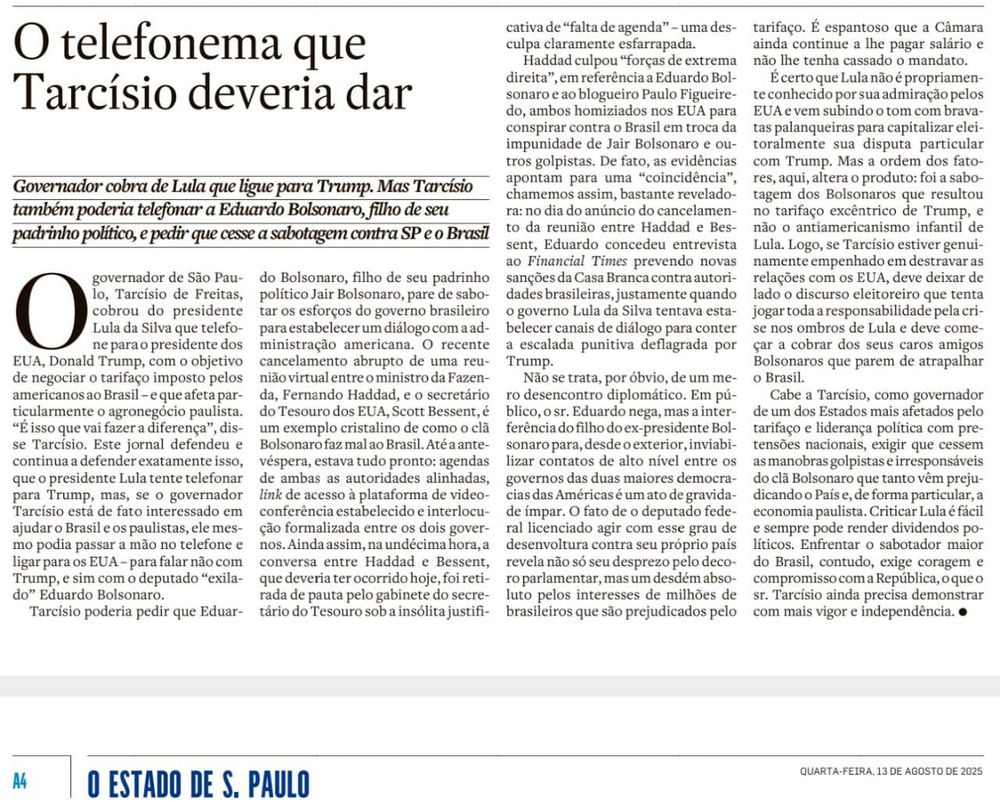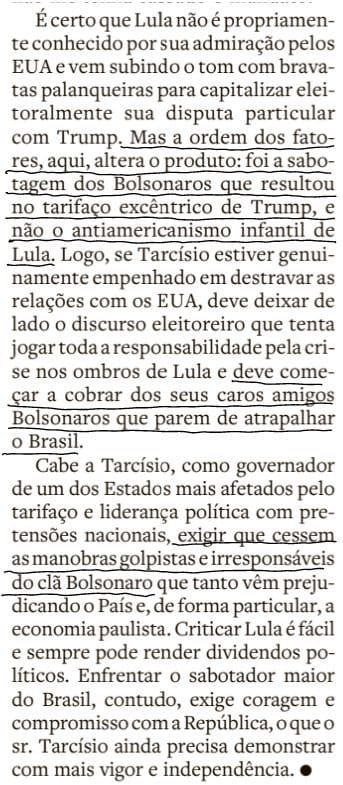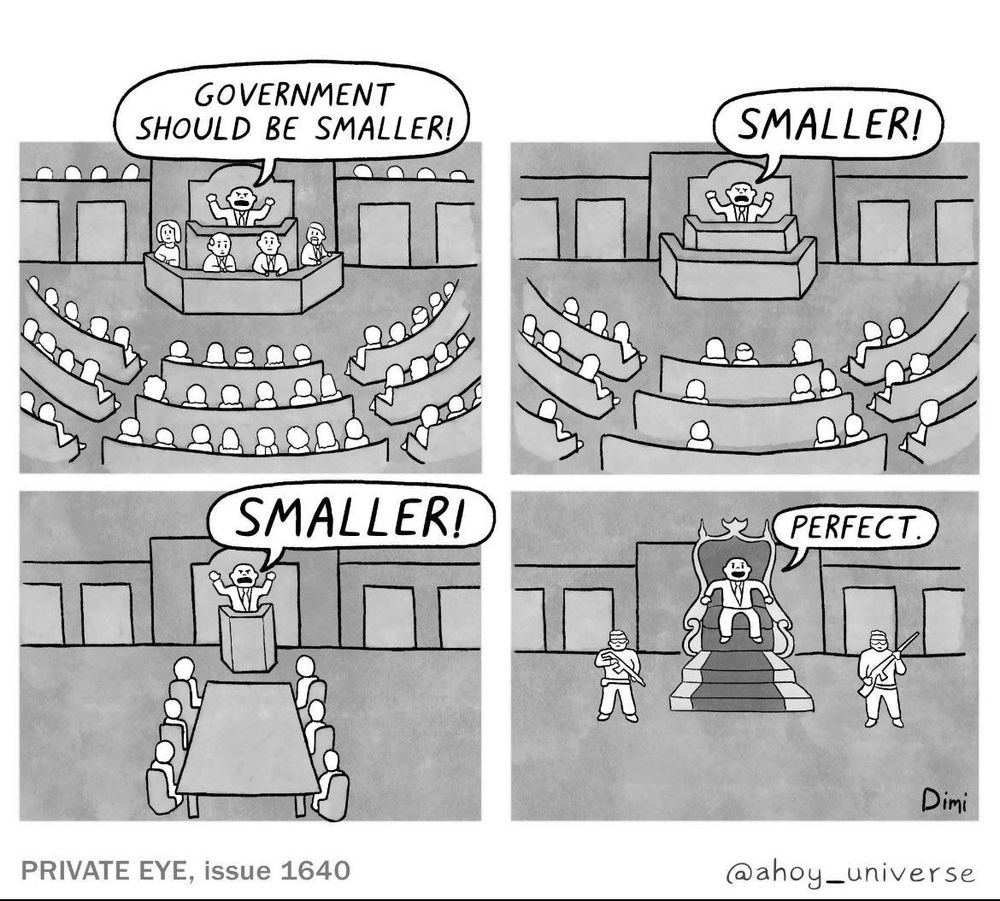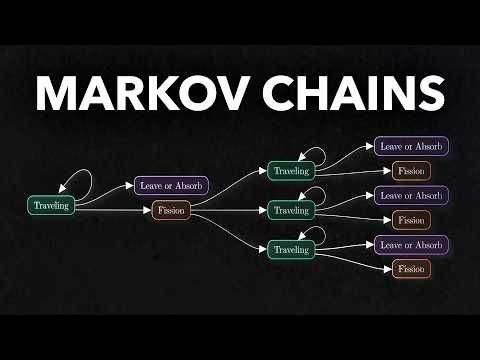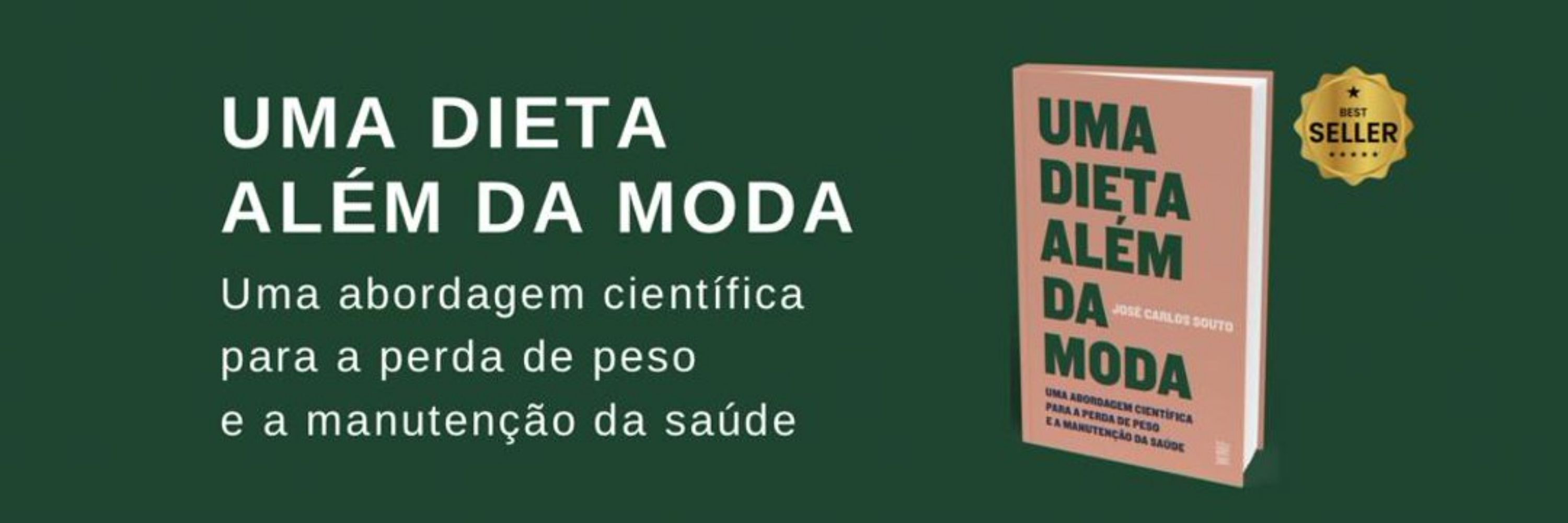
apreciador de Brahms, Bach, Kurt Atterberg e coisas ainda mais estranhas;
fã de Carl Sagan desde criancinha
The miracle has a problem: It ends when the prescription runs out.
Let's look at the data on the "Rebound Effect." 🧵

The miracle has a problem: It ends when the prescription runs out.
Let's look at the data on the "Rebound Effect." 🧵
novonordisk.com/content/nnco...

novonordisk.com/content/nnco...






A Lebanese team published a study showing massive benefits for apple cider vinegar in 2024. People immediately noticed it was problematic, and complained.
BMJ asked the authors for the data, and they sent it through. The study has just been retracted and WOW 1/n

A Lebanese team published a study showing massive benefits for apple cider vinegar in 2024. People immediately noticed it was problematic, and complained.
BMJ asked the authors for the data, and they sent it through. The study has just been retracted and WOW 1/n
Probably not. The evidence is SUPER weak. gidmk.substack.com/p/soft-drink...

Probably not. The evidence is SUPER weak. gidmk.substack.com/p/soft-drink...
Which is absurd.
Which is absurd.
This study has hit the headlines because the authors claim that it shows that soft drinks cause people to be depressed by negatively impacting their gut microbiome.
Several BIG issues with this 1/n

This study has hit the headlines because the authors claim that it shows that soft drinks cause people to be depressed by negatively impacting their gut microbiome.
Several BIG issues with this 1/n
This is what science journalism should look like 👇
slate.com/technology/2...

A reprodução totalmente acrítica pela mídia é algo que precisa ser repensado
This is what science journalism should look like 👇
slate.com/technology/2...

A reprodução totalmente acrítica pela mídia é algo que precisa ser repensado
This is what science journalism should look like 👇
slate.com/technology/2...

This is what science journalism should look like 👇
slate.com/technology/2...
"Dude, we both agree this is red... but how do I know what I see as red is what you see as red? Maybe you see red as I see blue."
Mind blown lol.
But we finally have some research that sheds light (and color) on the issue. (Thread)

"Dude, we both agree this is red... but how do I know what I see as red is what you see as red? Maybe you see red as I see blue."
Mind blown lol.
But we finally have some research that sheds light (and color) on the issue. (Thread)
What could explain that? 🤔
What could explain that? 🤔
👉 Headlines are spreading about a new study (neurology.org/doi/10.1212/...) claiming that 7 artificial sweeteners are linked to accelerated cognitive decline.
Most headlines use causal language and scary numbers.
But the study is VERY problematic. 🧵

👉 Headlines are spreading about a new study (neurology.org/doi/10.1212/...) claiming that 7 artificial sweeteners are linked to accelerated cognitive decline.
Most headlines use causal language and scary numbers.
But the study is VERY problematic. 🧵

👉 Proliferam manchetes sobre um novo estudo (neurology.org/doi/10.1212/...) que alega que 7 adoçantes artificiais estão associados com declínio cognitivo acelerado.
📰 Quase todas usam linguagem causal e números assustadores.
Mas o estudo é BEM problemático. 🧵

👉 Proliferam manchetes sobre um novo estudo (neurology.org/doi/10.1212/...) que alega que 7 adoçantes artificiais estão associados com declínio cognitivo acelerado.
📰 Quase todas usam linguagem causal e números assustadores.
Mas o estudo é BEM problemático. 🧵
The study itself has been cited, according to Google, 1,700 times.
I first complained about it in 2023, so let me tell you the story of one of the most problematic papers I've come across 1/n
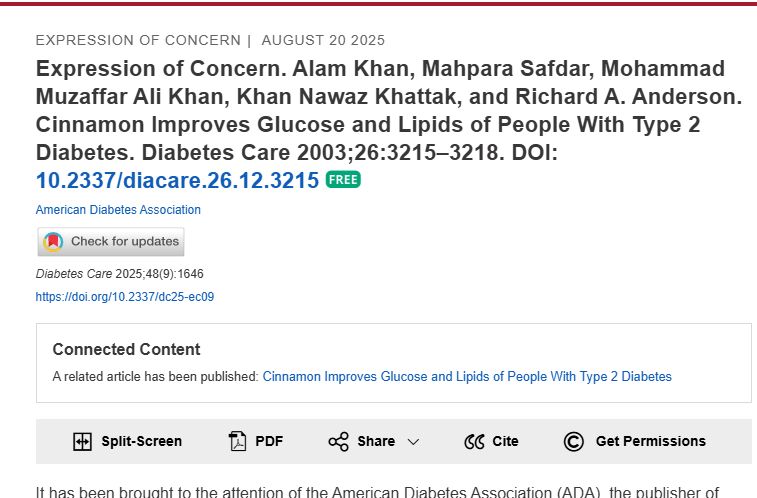

The study itself has been cited, according to Google, 1,700 times.
I first complained about it in 2023, so let me tell you the story of one of the most problematic papers I've come across 1/n

